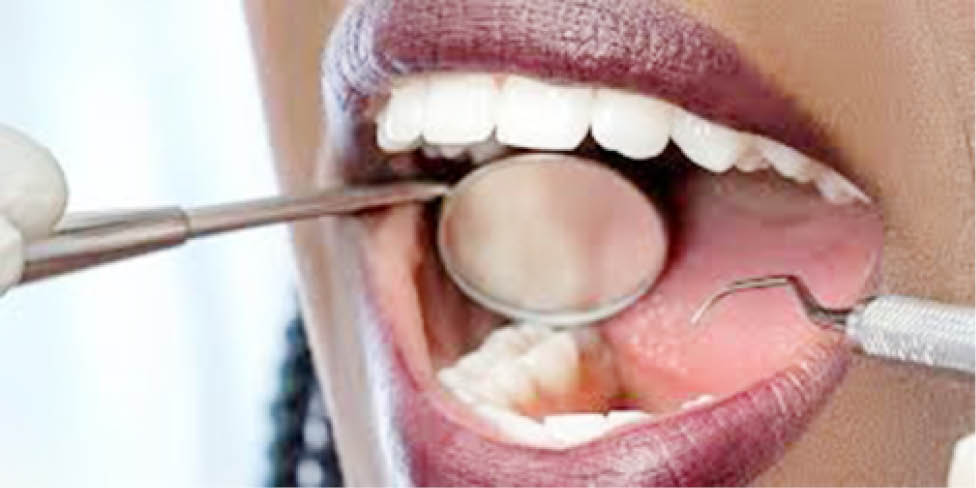Say Aaaahh! What your mouth says about you
Your mouth is a window into what’s going on in the rest of your body—and your teeth are grills. That assembly of lips, cheeks, teeth, tongue, gums, hard and soft palate and salivary glands is crucial to speech, breathing, tasting, digestion of food. It is a critical point to detect early signs and symptoms of […]

Your mouth is a window into what’s going on in the rest of your body—and your teeth are grills.
That assembly of lips, cheeks, teeth, tongue, gums, hard and soft palate and salivary glands is crucial to speech, breathing, tasting, digestion of food.
It is a critical point to detect early signs and symptoms of diseases that affects the entire body, like AIDS and diabetes.
Routine saliva testing can measure illegal drugs, environmental testing, hormones or antibodies whose presence indicate hepatitis or HIV infection.
Without proper care, your mouth can also be a source of infection when plaque builds up, creating the right environment for bacteria to accumulate in the space between your gums and teeth.
Even health experts worry about poor knowledge, attitudes and practices with regards to oral health in the lay public. In some studies among mothers, school teachers and adolescents, up to 80% of the respondents had never been to a dentist. Among people who had oral pain in, 30% of them did nothing about it.
And it isn’t just the lay public. In a separate study on a group of family physicians in Lagos, only about half of them had ever received dental treatment, and 22 in 100 of them had ever had preventive oral care, like polishing or scaling.
“As crucial as the mouth is, very few people take out time to have their mouth checked, and for a majority that have had theirs checked, pain was the driving force,” says Dr Roland Aigbovo, of department of surgery at Asokoro District Hospital.
He is also the president of the Association of Resident Doctors in the FCT, who are joining a global “Say Aahh” movement to inspire individuals to act on their mouth health.
“At the personal level, we encourage people to brush [top to bottom, not left to right] twice daily: in the morning and before going to bed at night, with soft or medium bristle toothbrush; eat a healthy diet, particularly one low in refined sugar; avoid tobacco use and excessive alcohol consumption; and have routine dental checks, at least twice a year,” he says.
Parents also can take “active participation in the brushing of their children’s or ward’s teeth from six months till age seven,” adds Aigbovo.
Pregnant women are not left out. During pregnancy, hormones go on rampage and create cravings that make a woman want to eat anything in site, or just more of a select choice of food. Most times, it is sugary foods.
Increased consumption of them leads to dental caries, explains Aigbovo, and there’s some direct link between caries and preterm labour.
Caries poorly managed during pregnancy could also link to sepsis—a condition caused by your body’s response to an infection.
“Take care of oral health during pregnancy for the sake of the child, and after for the sake of the mother,” Aigbovo advises.
Beyond the individual, health policies are hardly functional. Some states, including the capital Abuja, are yet to domesticate or implement the National Oral Health Policy.
Doctors have suggested the FCT administration set up dental units in all general hospitals. Only six of the capital’s district hospitals have a unit.
They have also called for the National Primary Health Care Development Agency to hasten the integration of oral health services into primary health care.
